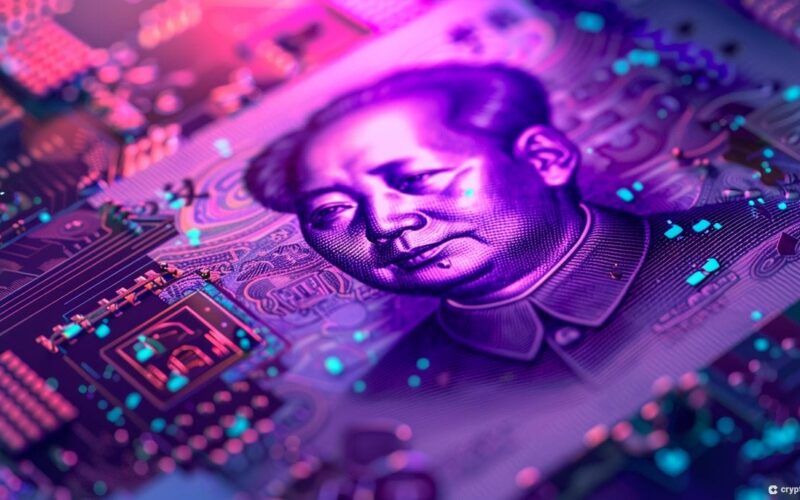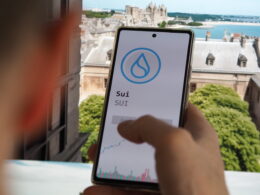The Integration of Digital Yuan and Carbon Points
A major Chinese bank, the Industrial Bank, has unveiled a groundbreaking initiative to incentivize customers using the digital yuan by rewarding them with carbon points. This move is aimed at further promoting the adoption of Central Bank Digital Currencies (CBDCs). According to CICC Online, verified digital yuan wallet users can now earn “personal carbon account points” by utilizing the bank’s application for transactions with the CBDC.
Customers will earn carbon points through e-CNY retail payments made via the app. They can also accumulate points by utilizing digital yuan tokens for “fund purchases and credit card payments.” The introduction of personal carbon points platforms by several Chinese banks last year reflects a collective effort to enhance green finance initiatives and reduce carbon emissions. This program aligns with China’s commitment to achieving carbon neutrality by 2060.
“The integration of digital yuan and carbon points reflects a strategic move towards sustainability and environmental consciousness in the financial sector,”
– Spokesperson, Digital Yuan Department at Industrial Bank
Driving Green Finance with Digital Yuan Operations
The Industrial Bank has expressed its intention to expand its green finance operations leveraging the digital yuan, marking significant progress in this domain. The bank unveiled pioneering initiatives, including utilizing the CBDC for a marine fishery carbon sink purchase in Fuzhou, a first in the Fujian Province. Moreover, in Suzhou, the bank reported providing approximately $967 million in digital yuan green finance-related loans.
Industrial Bank’s customer base has embraced digital wallets, with nearly 7.3 million wallets opened for transactions exceeding $41 billion. The introduction of the digital yuan in 2020 initiated in four cities has since expanded to 27 mainland cities and provinces, encompassing Hong Kong and Macau. Notably, Industrial Bank, headquartered in Fuzhou, Fujian Province, is a state-owned institution that ranked 60th in the Forbes Global 2000 list last year.
















